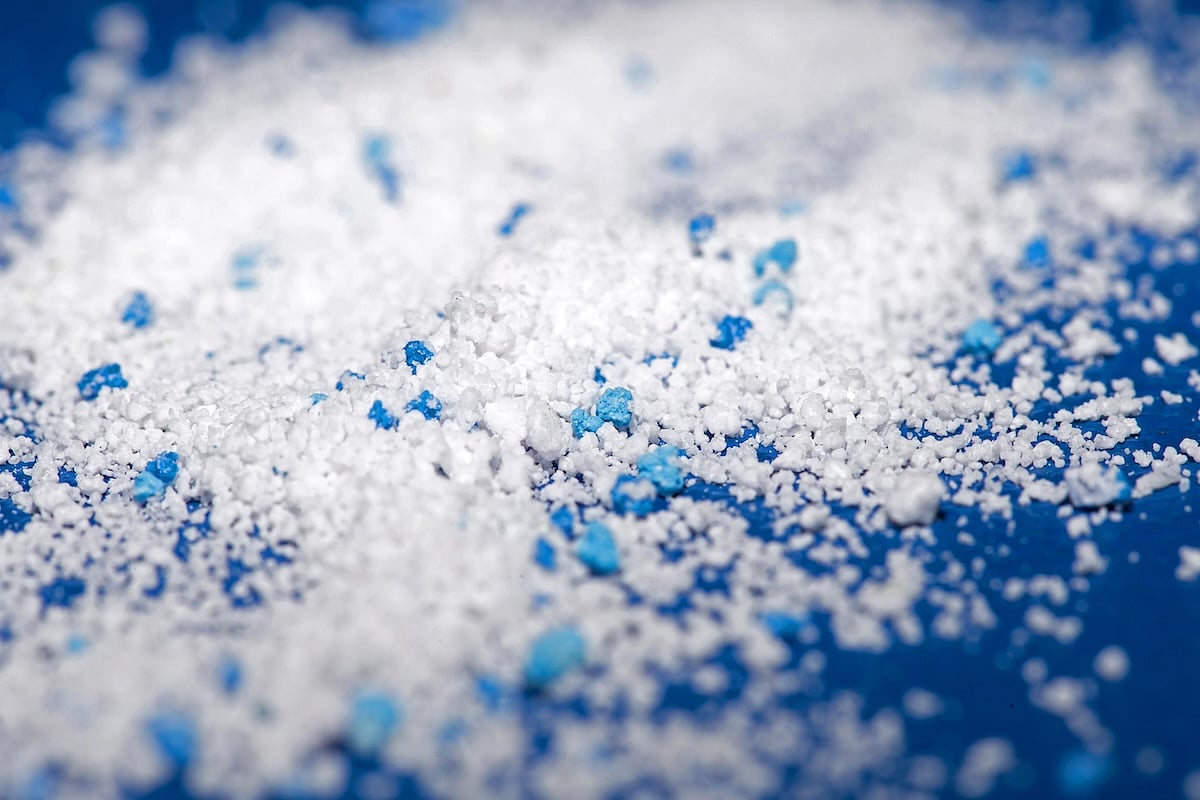Get Healthy!

- India Edwards
- Posted February 4, 2025
Scientists Find More Microplastics in Human Brains
Tiny microplastics are making their way into the human brain, and new research suggests the problem is getting worse.
The new study, published Feb. 3 in the journal Nature, found that brain samples collected in 2024 contained significantly more microplastics than those taken eight years earlier.
Researchers say the amount of plastic in the brain has increased by about 50% -- the equivalent of an entire plastic spoon in weight.
“Compared to autopsy brain samples from 2016, that’s about 50% higher,” he said. “That would mean that our brains today are 99.5% brain and the rest is plastic," co-lead author Matthew Campen, a professor of pharmaceutical sciences at the University of New Mexico in Albuquerque, told CNN.
Researchers also found that people with dementia had even higher levels of microplasticsplastic fragments in their brains -- three to five times more than those without dementia.
“It’s a little bit alarming, but remember that dementia is a disease where the blood brain barrier and clearance mechanisms are impaired,” Campen said.
Microplastics -- tiny fragments of plastic that come from products like water bottles, food packaging and synthetic fabrics -- have been found in major organs, including the lungs, heart, liver and even the placenta. But scientists are still trying to understand how they affect the body.
“The biggest question is, ‘OK, what are these particles doing to us?’ Honestly there’s a lot we still don’t know,” pediatrician Dr. Philip Landrigan, director of the Program for Global Public Health and the Common Good and the Global Observatory on Planetary Health at Boston College, told CNN. Landrigan was not involved in the study.
Nanoplastics, which are thousands of times smaller than a grain of sand, are particularly concerning.
“What we do know with real certainty is that these microplastic particles are like Trojan horses -- they carry with them all the thousands of chemicals that are in plastics and some of these chemicals are very bad actors,” Landrigan said.
Experts believe plastics enter the brain through the bloodstream by hitching a ride with fats from food.
“Plastics love fats, or lipids, so one theory is that plastics are hijacking their way with the fats we eat which are then delivered to the organs that really like lipids -- the brain is top among those," Campen told CNN.
Once inside, it's unclear whether the body can remove them. Scientists did however find some evidence that the liver and kidneys could possibly help flush out plastics from the body, but whether the brain has the same ability is unknown.
While plastic is everywhere, there are steps you can take to reduce your exposure:
Avoid heating food in plastic containers as heat speeds the release of plastic particles into food.
Choose glass or metal storage containers instead of plastic.
Drink from reusable bottles: A 2024 study found that a single liter of bottled water can contain more than 240,000 plastic particles, CNN reported.
Use cloth or paper shopping bags instead of plastic ones.
Minimize processed foods as studies suggest that plastic contamination in food packaging may be a source of microplastic consumption.
“We have some pretty good indications that microplastics and nanoplastics cause harm, even though we are a long way from knowing the full extent of that harm,” Landrigan told CNN. “I would say we have enough information here that we need to start taking protective action.”
More information
Washington University has more information on microplastics and how to avoid them.
SOURCES: Nature, Feb. 3, 2025; CNN






